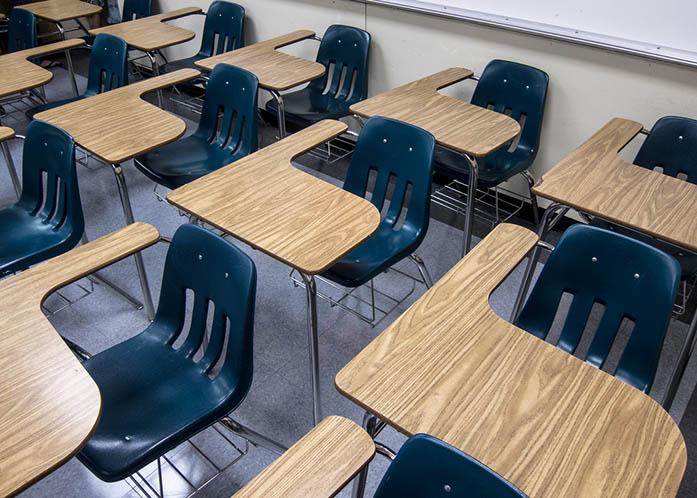Wanted: Summer teachers
December 14, 2016
Summer is a time for students to soak up the Sun’s rays, relax by the poolside, and crack open the books, a study from the Iowa Reading Research Center found.
The Intensive Summer Reading Program study was conducted on 43 Iowa school districts and one community organization. Results showed such reading programs helped students maintain their reading skills over the summer, essentially preventing the “summer slide.” The term is used in education to describe the tendency for students, particularly those from low-income families, to lose achievement gains made during the school year.
Three types of programs were implemented in the study: a computer-based program and a print-based program, which acted as the treatment conditions, as well as a “business-as-usual” approach, which allowed school districts to design their own programs so long as they did not overlap with the curricula for the treatment conditions, said Deborah Reed, the director of the Iowa Reading Research Center and principal investigator of the study.
“All approaches … were equally as successful in helping students maintain reading performance on average,” Reed said.
Reed said the students in the study were identified because they had demonstrated difficulty in their reading skills. By May 2018, every Iowa school district will be required to offer a summer-reading program for students who are determined not to be proficient in reading at the end of third grade, Reed said.
Attendance in these programs is currently not required for students, and Reed said there are economic barriers that limit access to these programs for some students. She said summer school is not the “one and only solution” to improving students’ reading proficiency.
“It’s one component of providing support and added services to these students,” she said.
The Iowa City School District did not participate in the study, but the district still provides support services throughout the year in addition to a summer-reading program.
Amy Minteer, who oversees the district’s elementary schools as the coordinator for Extended Day Learning, said summer programs have been growing every year since they started in 2010. The federal 21st Century grant funds a before- and after-school program, as well as the summer program, that mixes tutoring with enrichment activities.
While the study found schools faced challenges with finding a sufficient number of qualified teachers to work the summer programs, Minteer said Iowa City schools have not experienced this problem.
“In the 21st Century program, we have teachers that we hire teaching after-school as well at our sites, and it’s actually a lot harder to find teachers during the school year,” she said. “For teachers during the summer, I’ve been very lucky to be able to find teachers.”
The Cedar Rapids School District participated in the study, and unlike Iowa City schools, had problems with finding qualified teachers, said Valerie Dolezal, the executive director for preK-5 in the district. Recent graduates and teachers from outside of the district were hired to ensure there were enough to work the summer reading programs, she said.
Student retention in these programs was also high for Cedar Rapids schools, though the study found problems overall out of all schools studied with student attendance being “sporadic,” particularly among female students, minorities, and students from low-income backgrounds.
“They would attend at least 80 percent of the summer, and we had 90 percent of our kids at least 80 percent of the summer that were first grade through fifth grade,” Dolezal said.
Despite the disparities in findings among schools, Reed said she has received input from schools that participated in the study, and they are using the study’s findings to implement changes to the summer reading programs.
“Our hope is being carried out,” Reed said. “They’re using that information to improve the planning and design of their summer programs.”



